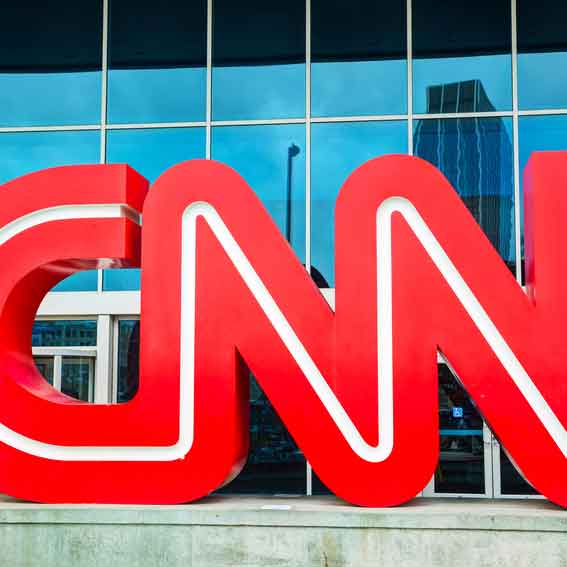Recent polling data reveals that a majority of Americans are concerned about President Donald Trump’s use of executive power, with approximately half believing he has “too much” power, according to a recent AP-NORC poll. This concern comes amid Trump’s unprecedented use of executive authority, which has prompted some Democratic officials to criticize his governing approach.
CNN analyst Harry Enten has previously commented on Democrats’ comparisons of Trump to a monarch, noting that Americans have historically been wary of concentrating too much power in the presidency, regardless of which party controls the White House.
Since resuming office in January, Trump has signed 143 executive orders, which represents the most at this stage in a presidency in at least a century. This aggressive use of executive power has raised concerns across party lines, with 65% of Americans viewing it as too risky to give Trump more power, and 78% expressing concerns about expanding presidential power in general.
The Reuters/Ipsos poll released on April 21 indicates Trump’s approval rating has fallen to 39%, the lowest since his return to the White House and the lowest for any newly elected president in 80 years. Many Americans have expressed apprehension about specific efforts to expand presidential power, with 67% expressing concern about a potential constitutional crisis arising from conflicts between the executive and judicial branches.
A notable shift is evident in public perception of both major political parties. Multiple polls suggest that Americans now view the Republican Party more favorably than the Democratic Party, though both parties have net negative ratings. According to The Hill, the Republican Party has a net negative 13 favorability rating, while the Democratic Party has a net negative 29 favorability rating.
This change marks a significant shift from previous years, as the Democratic Party has traditionally led in perceptions of which party cares more about citizens. Enten has described this change in party perception as one of the most surprising pieces of poll data he has encountered.
The data reveals a notable rise in support for Republicans among non-college-educated voters, who have increased by nine percentage points in recent years. Conversely, support among college-educated voters has remained relatively stable.
Recent polling shows that the Democratic Party’s lead has narrowed from seven points to just one.
According to Gallup, the Republican Party has maintained a slight lead in party affiliation for the third consecutive year. In 2024, 46% of Americans identified as Republican or Republican-leaning, compared to 45% for Democrats. This shift has been driven by increased Republican identification among various demographic groups, including Hispanic Americans, young adults, and those without a college degree. The Pew Research Center analysis of partisan identification from 1994 to 2023 confirms that partisan coalitions are becoming increasingly distinct.
These changes in party perception could have significant implications for the upcoming midterm elections. Looking ahead to the midterms, analysts warn that Democrats should not assume they have a guaranteed path back to control of the House.
The 2022 midterm elections resulted in Republicans gaining control of the House with 222 seats compared to 213 for Democrats. This narrow Republican majority occurred despite predictions of a red wave, with several factors, including the abortion issue, candidate quality, and youth turnout, helping Democrats perform better than expected.
Public satisfaction with the direction of the country has demonstrated stark partisan divides since Trump’s return to office. Republican satisfaction with the state of the nation surged from 10% in January to 68% in February, while Democratic satisfaction declined from 32% to 5%. This 58-point increase in Republican satisfaction represents the largest increase Gallup has measured between surveys since 1991.
Trump’s second term has seen his approval rating average at 40%, slightly lower than many previous presidents at this point in their terms. Current polls show 72% of Americans think Trump’s policies will likely cause a recession within the next year.
“If Donald Trump thinks he can avoid being blamed in the event of a recession, he should reconsider,” Enten remarked during a recent CNN interview.
The market has reacted negatively to Trump’s economic policies, particularly his aggressive tariffs. The S&P 500 has experienced a significant decline under Trump compared to other presidents at similar stages of their terms. This drop is attributed to broader reactions to his trade policies and confrontational approach toward the Federal Reserve.
“No other elected president at this point in their presidency saw a drop of 5% or more. So Donald Trump is on a planet all by himself, a planet you do not want to be on.”

